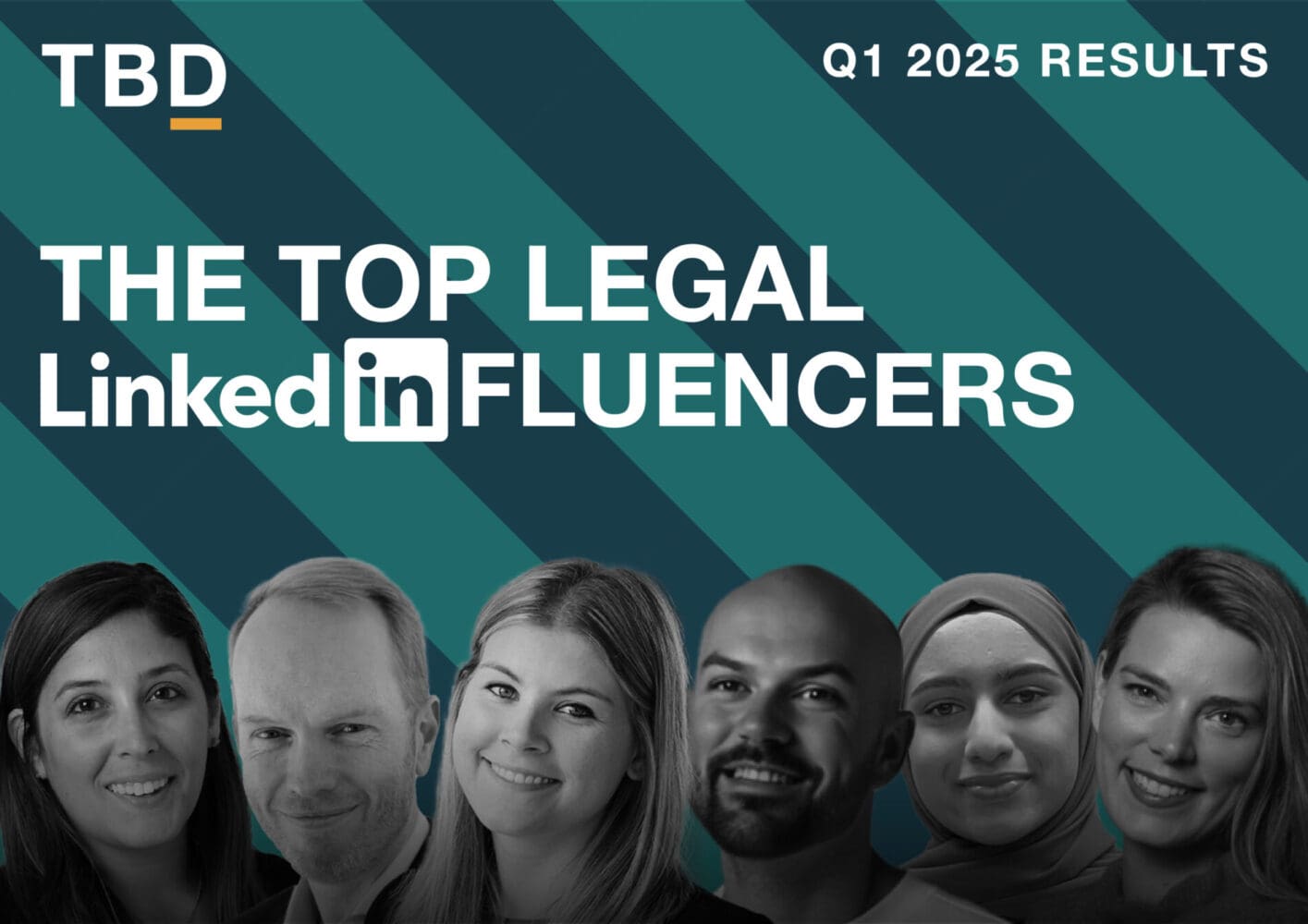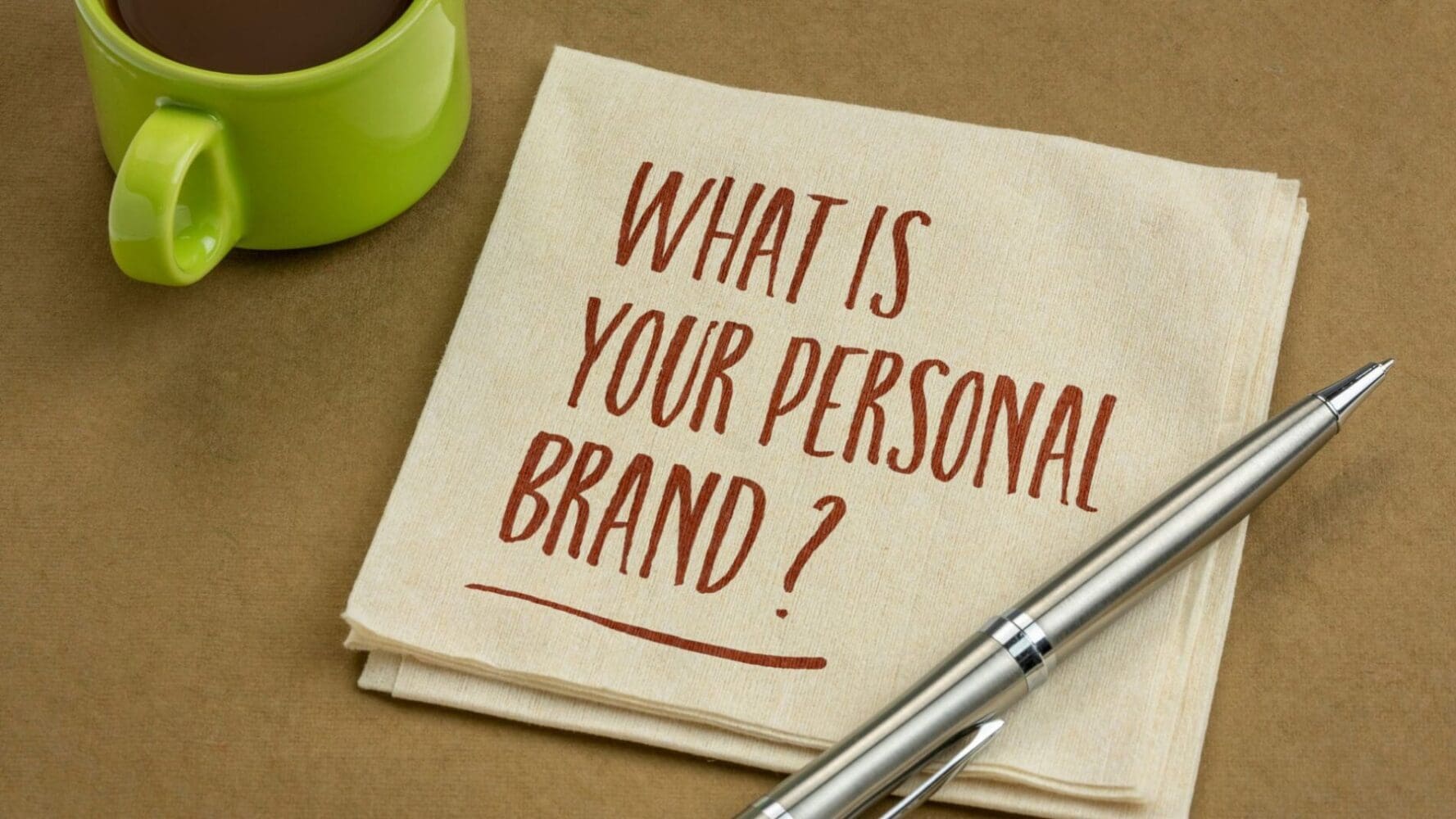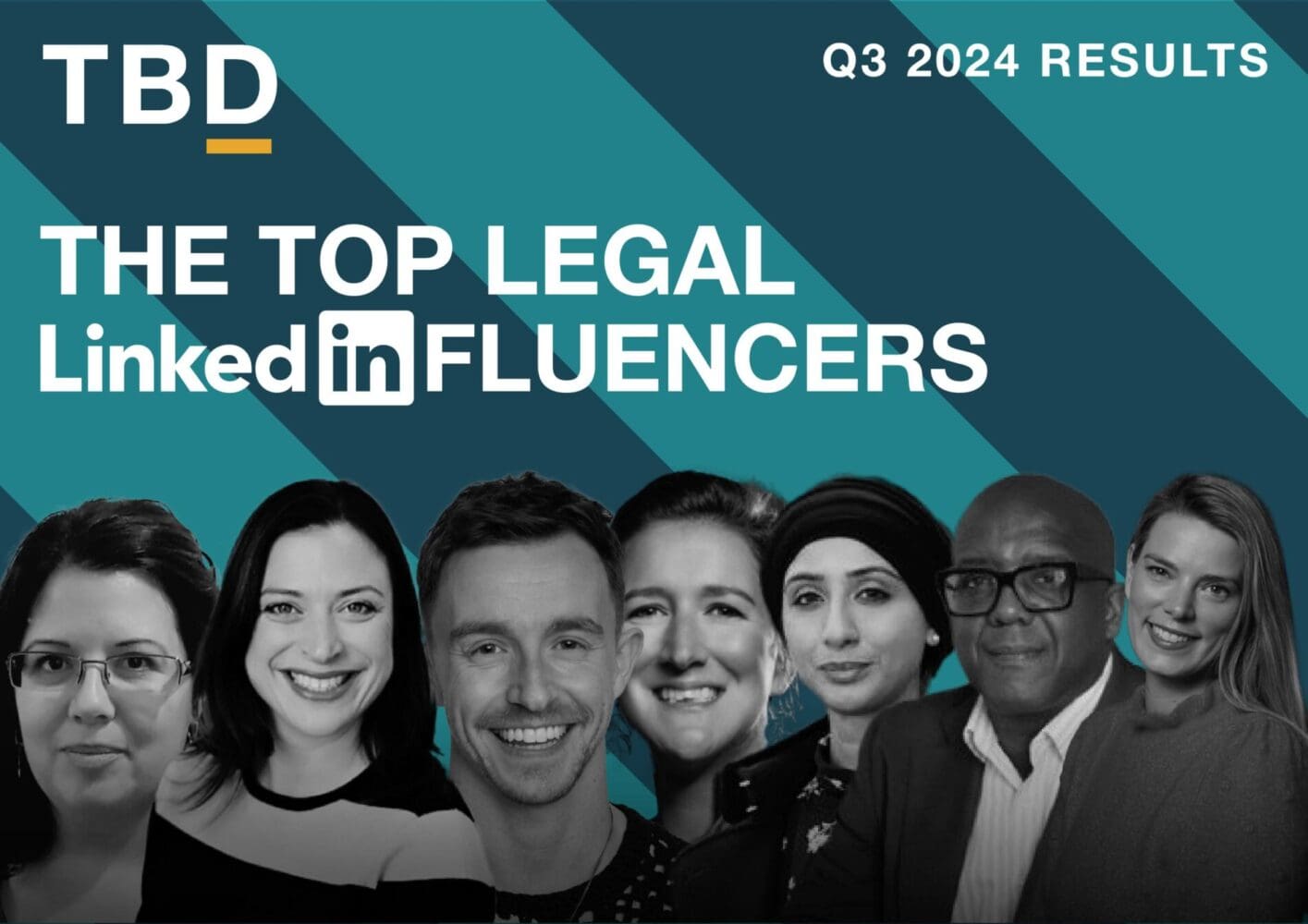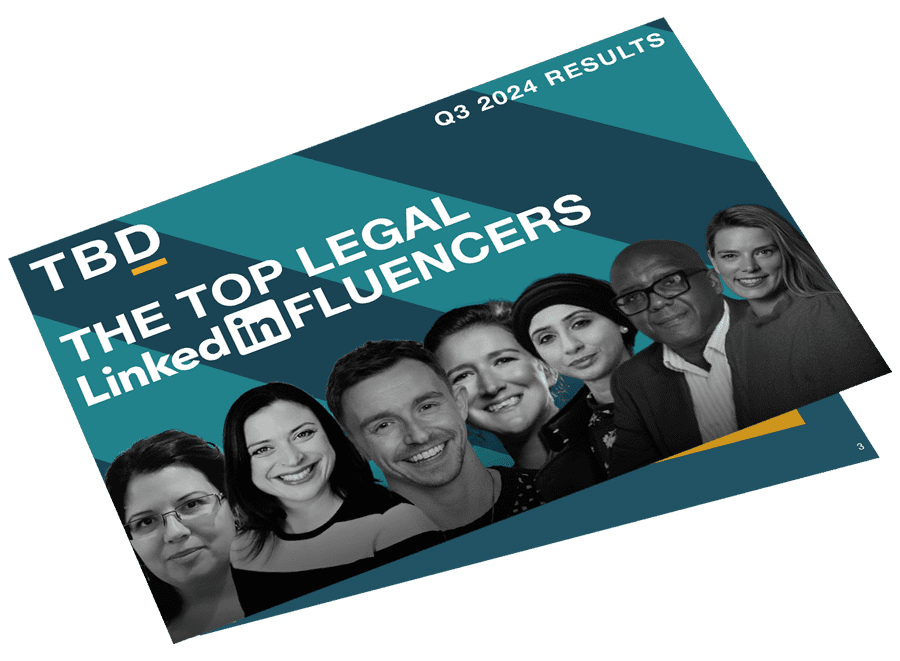Nir Golan shares his vision for a more open and collaborative legal industry.
I recently sat down for a chat with Nir Golan, General Counsel for a multinational company, to talk about driving change in legal services. I’ve met thousands of lawyers over the past two decades and, I think it’s fair to say that Nir stands out as markedly different to others. I wanted to get to know him, find out what drives him and how his core values of kindness, compassion, integrity, and humaneness have impacted on his career choices. SM: It’s funny to think that just a few years ago, this conversation simply wouldn’t be happening. We met on Twitter, I’m calling you on FaceTime and you’re sat in Israel in the middle of your working day and I’m sat in Bristol today. NG: I know. It’s amazing to think how we’re beginning to start conversations in very different ways now. It’s exciting and interesting and I think that there’s a lot of potential for it improving. SM: So, you’ve not long started at new role… Tell me a little bit about that. NG: It’s very, very different to anything I’ve ever done before, but I’ve settled in well and am loving it so far! I gave up partnership offers to go in-house, so it was important to me that I went to the right company. I wanted to go somewhere I thought I could really help drive change and make an impact. Where the people would be onboard with my ideas and vision. I’ve come to realize that change in legal will be driven by the clients and so I decided to go in-house. When I met the leadership team for the first time, they were totally open to and up for creating a different kind of legal operations role, and that’s the main reason I find myself here today. So, I coordinate our function from our headquarters in Israel. We have legal teams helping in numerous countries around the world. One of my roles is to manage and collaborate with legal counsel teams in all the various countries that we operate in. SM: Has it lived up to its promise so far? NG: Yes, it really has. The level of collaboration is incredible; people are exchanging ideas all the time. I’m naturally a people person, so I’m completely open to this way of working, but there are still elements that are genuinely new to me. For example, every morning we have teams here that gather to share their experiences from the previous day. It’s such a great way to work. My job is essentially to help clients find legal solutions to their business problems, by focusing on what the client needs and not bogging them down with the technical stuff. I can only do that by listening, collaborating with my clients, and focusing on the human side of legal services, which I also believe to be the key to the industry evolving. I’m lucky because our organisation is about people and communication: I spend time with internal and external clients and we’re much more into face-to-face meetings than we are into phone calls. It all stacks up to being the right place for me. SM: I guess that leads well into my next question: if you could have everyone in your industry understand one major change that’s happening and take action, what would it be? NG: To not be afraid of being accessible, approachable, or vulnerable. It’s the only way you can connect with people to allow them to see you as a human. It’s the only way to gain their trust. I want to drive the change from within. I want to collaborate with firms and other lawyers to show them that there’s a different way of doing things. A more human-centered way of conveying legal knowledge and expertise. I’m talking about taking really complex stuff and being able to convey it in a manner that can be easily understood and applied by the client. They want to take the solution and apply it to their business without having to spend hours having it explained to them. All of that requires a connection and an understanding on a human level. SM: I’ve been talking about the need for a high level of EQ for a while now. It seems like that’s a natural inclination of yours? NG: Yes, I think so. When I was at law school, I worked in customer service for four years. Part of the training we received was emotional service training. I loved that. The whole customer-facing thing has always been a major focus for me. I recently Tweeted that I think law students should take on a customer-facing role while at university. It helps you get a feel of how to serve people, to understand their needs. Once you have that, it’s so much easier to work together with them to create and find solutions around those needs. We need to get away from this idea that these are soft skills: the human empathy, interaction, listening those are the main skills in your job. Sure, it has to be underpinned with technical legal excellence, but that’s not enough on its own. I call them human skills. SM: Who do you most admire in the legal industry? Is there anyone that shares your values? NG: The first person that comes to mind is Satya Nadella, the CEO of Microsoft. He’s not in legal services, but I admire how he has transformed Microsoft into a more empathetic, collaborative, open organisation. Simply by just bringing in empathy, listening, and collaboration with customers. It’s a wonderful example of what the legal industry could look like. He changed Microsoft’s culture from being a “know-it-all” organization to being a “learn-it-all” organization. I had a recent example of a firm refusing to approach delivering some training in the manner I requested it: using visuals. A tip to anyone who works with us: you’re going to need to convey complex matters in a way that can be easily understood and easily applied by the client. That’s what this client needs. That’s probably what every client needs. What they don’t need is to spend another five hours with the lawyers trying to explain it to me. This is about understanding needs. It’s about seeing things from my eyes and not seeing things from your, the lawyer’s eyes. There’s a lot of talk about lawyers using that approach but it needs matching with more action. SM: How do you live that personable, empathic approach yourself? NG: I brought my kids in to work recently, which seemed like a natural thing for me to do. But even here, even at a great environment like this, it was not something that they thought a lawyer would do. Doing that alone created so many new connections here with people because they see you in the company, they say, “Wow. It’s so humanizing to see you with your kids.” SM: I remember the same when we did that at Osborne Clarke during the Olympics. Plus your kids don’t find it such a foreign idea as to who you hang out with at work or what you get up to. I think that that’s good for all law firms and office businesses to consider. Right, final question, what’s the greatest piece of advice you’ve ever been given? NG: “Never enter into a business transaction with your ego.” One of my clients said this to me once and it’s stuck with me ever since. I also like “It’s not that I am so smart, it’s just that I stay with problems longer.” Albert Einstein obviously didn’t tell me that himself though. And with that, our time is up. Reflecting on our chat, I’d say that:
- Nir is one of the most emotionally intelligent lawyers I’ve ever spoken to. He seems to be genuinely passionate about putting his clients first. He’s not just talking the talk either;
- More lawyers could benefit from opening up and collaborating with other people from both inside and outside their industry;
- To live by your values often means making different career choices; and
- When he says ‘let’s do coffee’ he means it. He names a date and comes back to me by email within minutes of the call ending. Now that’s service.
You can find Nir on LinkedIn and spreading the word on the need for transformation in the legal industry on Twitter.







